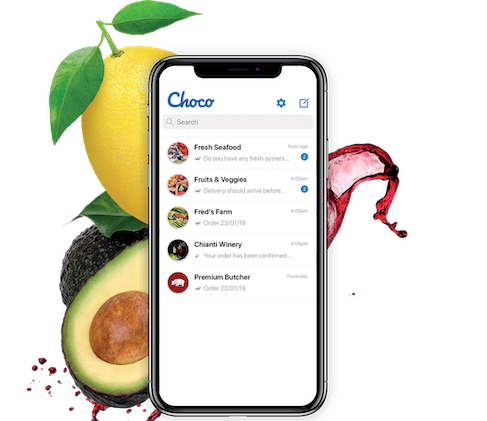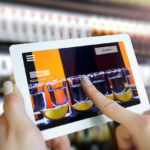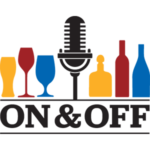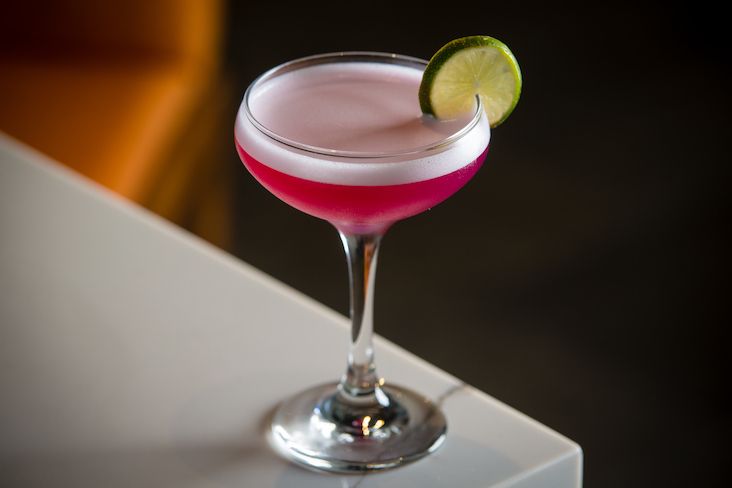B-to-b service Choco connects restaurants and food vendors—including liquor/alcohol suppliers—to streamline ordering efficiency and back-of-house operations. When COVID struck, Choco has pivoted to help restaurants, food suppliers and consumers by opening business-to-consumer webshops in major cities.
Choco Market enables consumers to order restaurant-quality groceries for delivery directly through suppliers. Choco is donating profit margins from this initiative to local organizations helping restaurants stay afloat. We caught up with CEO Daniel Khachab, who cofounded Choco in 2018, to learn more.
How does Choco work?
We digitalize the list of products the restaurant usually orders, and connect these with the exact suppliers they order from. The restaurant can then place their orders from the app, where all its products and suppliers are already uploaded.
A supplier receives the orders on a Choco interface in a uniform and legible format for use in their workflow. This reduces the number of second runs by up to 90%, and makes ordering three times faster, and also eliminates mistakes, which prevents food waste.
How does it work with liquor/alcohol suppliers?
Because our app is a communications streamlining tool and no trans- actions happen on it, the regulations and payments are the same as in the usual process of buying alcohol. So instead of sending an individual message or email to 15 different liquor reps then having to manually update spreadsheets, Choco lets you collect all this information and place your orders easily.
Given that restaurants will be operating at limited capacity for the foreseeable future, do you see continuing the DTC aspect?
Right now many of our partner suppliers, both on the Choco Market platform and the rest, are seeing an increase in order volumes through the surge in demand for home delivery or pickup, and the limited reopenings. Running B2C delivery is much more logistically complicated, so we will work with each supplier on a one-on one level to see whether it is still profitable and possible for them to do this while their core business is back up and running too.
How do you see the restaurant industry changing in the near future?
The industry after the crisis could definitely look a lot different. A crisis is also a situation of scarcity—this leads to innovation and brings out the best in people. Restaurants after the crisis will likely be much more innovative and robust businesses.
We have already seen iconic establishments like Alinea in Chicago opening for takeout and delivery, and maybe as consumers and businesses have become used to working from home, this will become a staple of the usual restaurant offering. But people will start coming back to restaurants; it’s about the social experience, the social gathering and about experiencing this real form of art produced by chefs and mixologists with so much passion.









